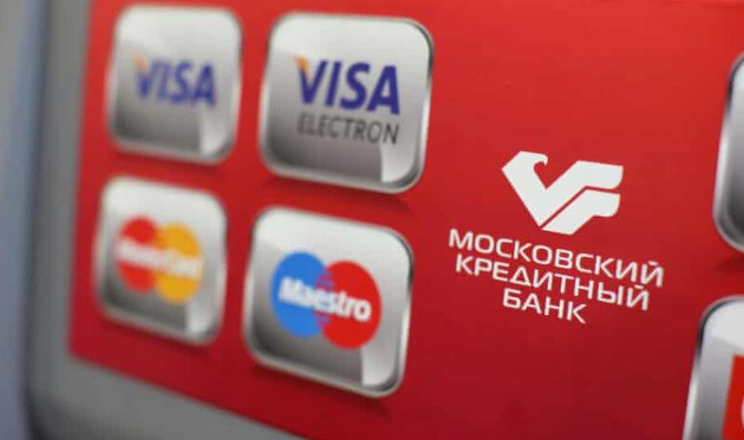Visa and Mastercard have now joined PayPal in ceasing business operations in Russia, highlighting the country's continuing invasion of Ukraine as the main reason. Many believe that this will lead to the Russians relying more heavily on crypto from now on as a result.
Visa has already started working towards discontinuing all transactions in Russia, although it will reportedly take a couple of days. Mastercard has similarly stated that it will stop its network services in Russia as soon as possible.
According to Al Kelly, CEO and Chairman of Visa Inc., the payment processor felt obligated to act following Russia's invasion of Ukraine, and the deplorable actions that have since been observed.
Moreover, Mastercard claims that in addition to barring specific Russian financial institutions, it will also discontinue support for any and all cards issued by Russian banks and shall even prohibit transactions using cards that were issued outside Russia but were still used at various Russian ATMs or merchants.
Visa and Mastercard Have Joined PayPal In Ceasing Business Operations In Russia


Subscribe to the CryptoWeekly Newsletter
Get the top stories, funding deals, technical analysis, cryptocurrency jobs and much more delivered to your inbox, every Monday morning.

April 23,2024
12 Solana Meme Coin Projects Listed As Scams By ZachXBT

April 23,2024
Drama At The SEC As Two Lawyers Accused Of Cheating In Crypto Case

April 22,2024
Crypto Community Highly Concerned About Section 702 Renewal

April 22,2024
Adidas Remains Committed To NFTs Despite Lack Of Institutional Interest

April 22,2024
Web3 Fundraising Deals - April 16th To April 22nd, 2024

April 21,2024
Bitcoin Stabilizes Post-Halving As Geopolitical Tensions Intensify

April 20,2024
The 2024 Bitcoin Halving Has Successfully Been Completed

April 19,2024
Everything You Need To Know About World Chain

April 19,2024
Ethereum TPS Charts Have A New Leader In Degen Chain

April 18,2024
New AML And CFT Policies Supported By Senator Elizabeth Warren

April 18,2024
Two NFT Games Offloaded As Yuga Labs Aims To Liberate BAYC Team

April 17,2024
